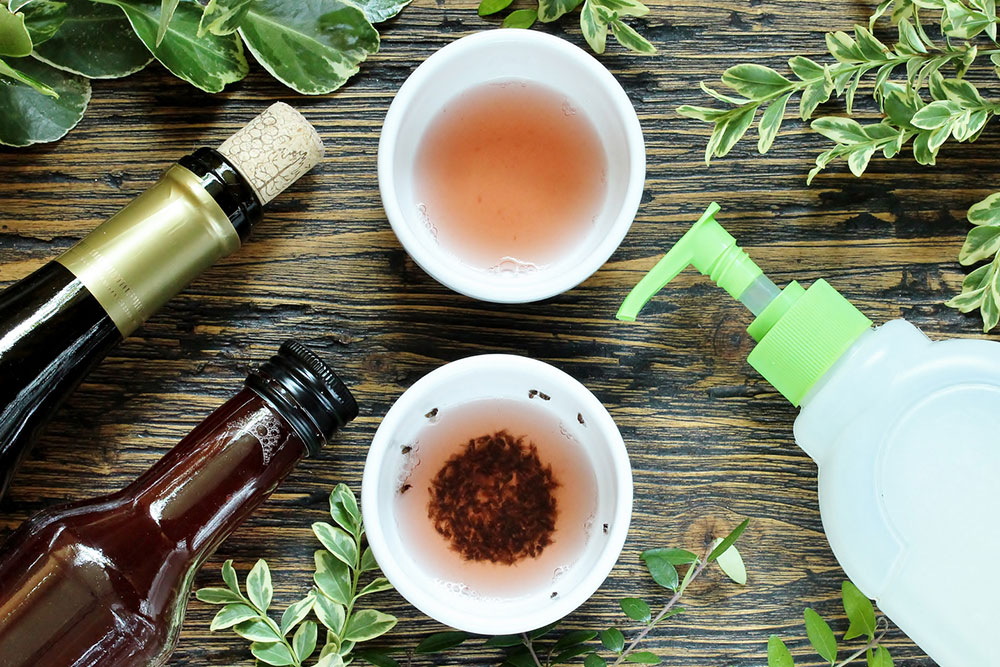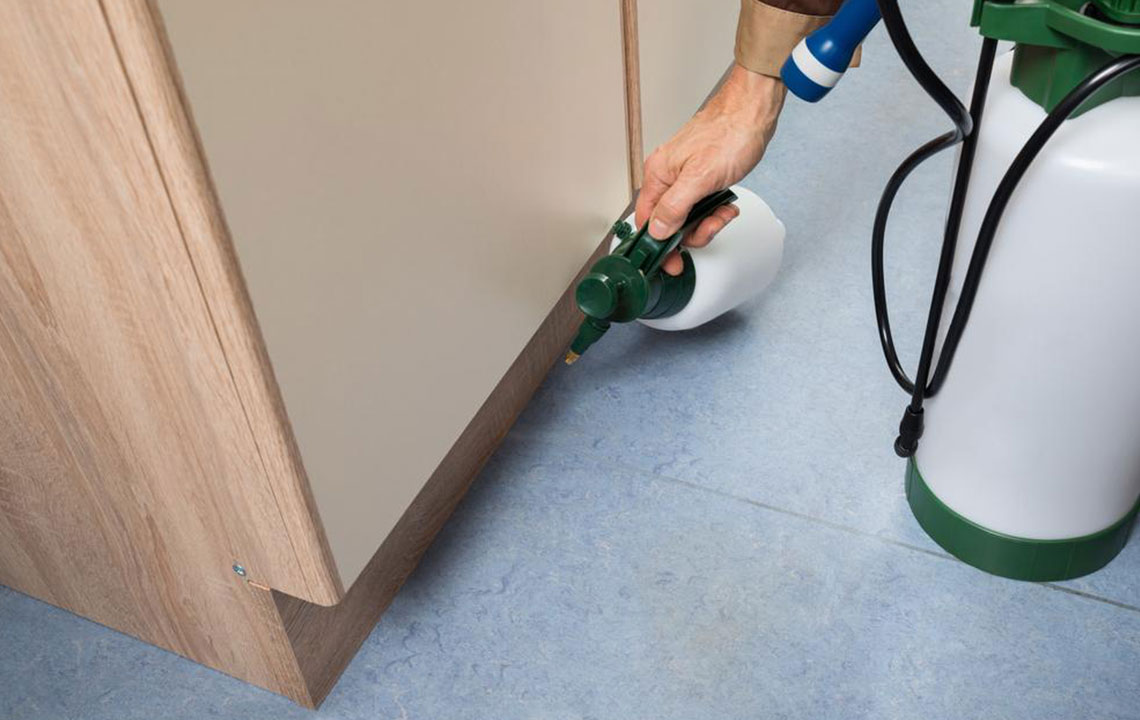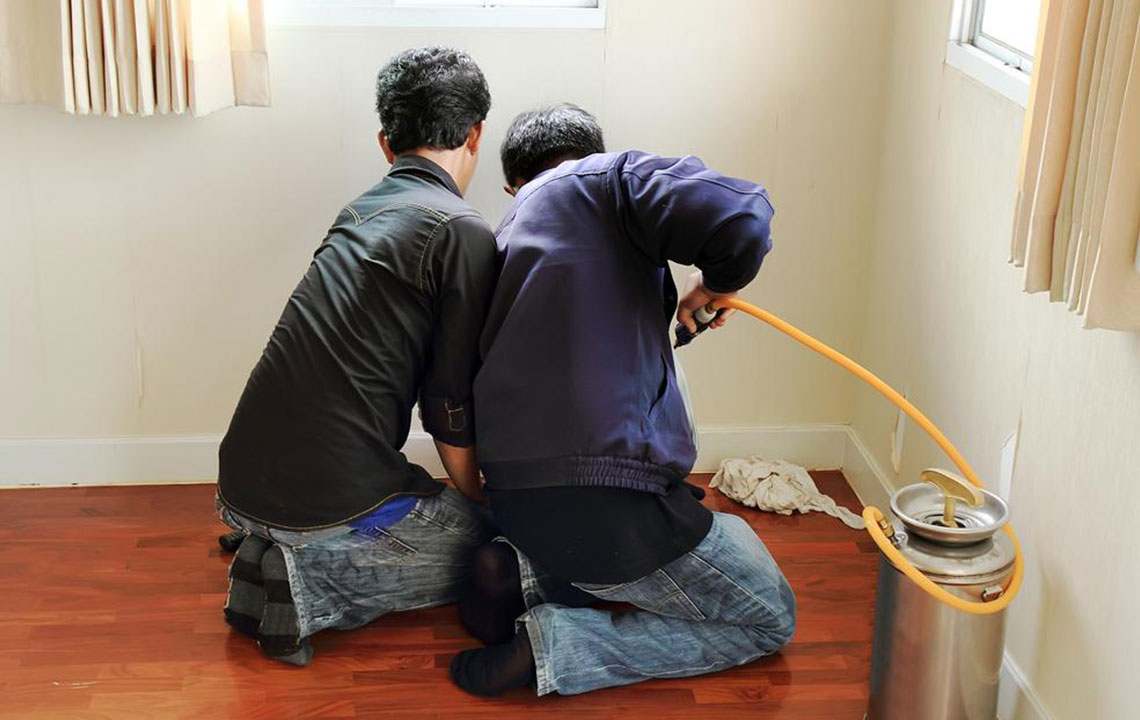Proven Methods to Eradicate Indoor Gnats
Discover effective strategies to eliminate household gnats quickly. From homemade traps like apple cider vinegar and rotten fruit to professional pest control, learn how to combat these tiny pests and protect your home and plants efficiently.

Proven Methods to Eradicate Indoor Gnats
Household gnats, including fruit flies, drain flies, and fungus gnats, are tiny airborne pests that can quickly infest your living space and gardens. While they do not pose direct health risks, their rapid breeding and presence can spoil hygiene and damage plants. Swift action is necessary to prevent their population from spiraling out of control.
Homemade Gnat Traps
Apple Cider Vinegar Trap Combine apple cider vinegar, a few drops of dish soap, and sugar in a shallow dish. Place where gnats are active; the scent attracts them, and the soap traps them. Replace regularly until pests are eliminated.
Overripe Fruit Trap
Use ripe bananas or apples in a bowl, cover with plastic wrap, and poke small holes. The sweet aroma attracts gnats, which then become trapped inside, allowing for easy disposal.
Using Raw Potato Near Plants
Place raw potato pieces in soil around affected plants. This attracts gnats away from roots. Replace as needed till the infestation subsides.
Candle and Water Trap
Put a candle in a holder inside a water-filled tray. Light the candle in a dark room, attracting gnats to the flame. Some land in the water, naturally reducing their numbers.
Sticky Flypaper for Effective Capture
Hang sticky traps in problem areas, avoiding curtains and furniture. Use indoors to catch gnats effectively without attracting other insects.
Drain Maintenance
Pour boiling water down drains to eliminate eggs and larvae. For a deeper clean, mix half a cup of bleach with a gallon of water and rinse out to ensure a gnat-free environment.
Electric Insect Zappers
Use indoor electric insect killers to promptly exterminate gnats through electrocution, offering immediate relief.
Desiccant Powder Applications
Disperse food-grade diatomaceous earth around dry soil and plant bases. Its abrasive properties dehydrate insects, significantly reducing gnat populations. Water plants from below to keep soil dry.
Bacterial Larvae Control
Apply a bacterial solution containing Bacillus thuringiensis israelensis (Bti) to potted plant soils. It naturally combats gnat larvae, ensuring safe and effective eradication.
Repotting and Soil Management
For plants infested with gnats, transfer to new, dry soil. Ensure proper drainage by drilling holes and allow soil to dry between waterings to prevent egg hatchings.
Insecticide Sprays
For severe infestations, insecticidal sprays may be used, strictly following the manufacturer's instructions. Keep away from children and pets for safety reasons.
Expert Pest Control Services
If DIY methods fail, professional pest control can identify and treat the problem at its source, offering long-term solutions. Preventative steps such as sealing cracks, fixing leaks, cleaning trash regularly, and removing damp areas are also beneficial. DIY natural sprays using dish soap, vinegar, and baking soda can act as repellents around plants and bathroom areas.


